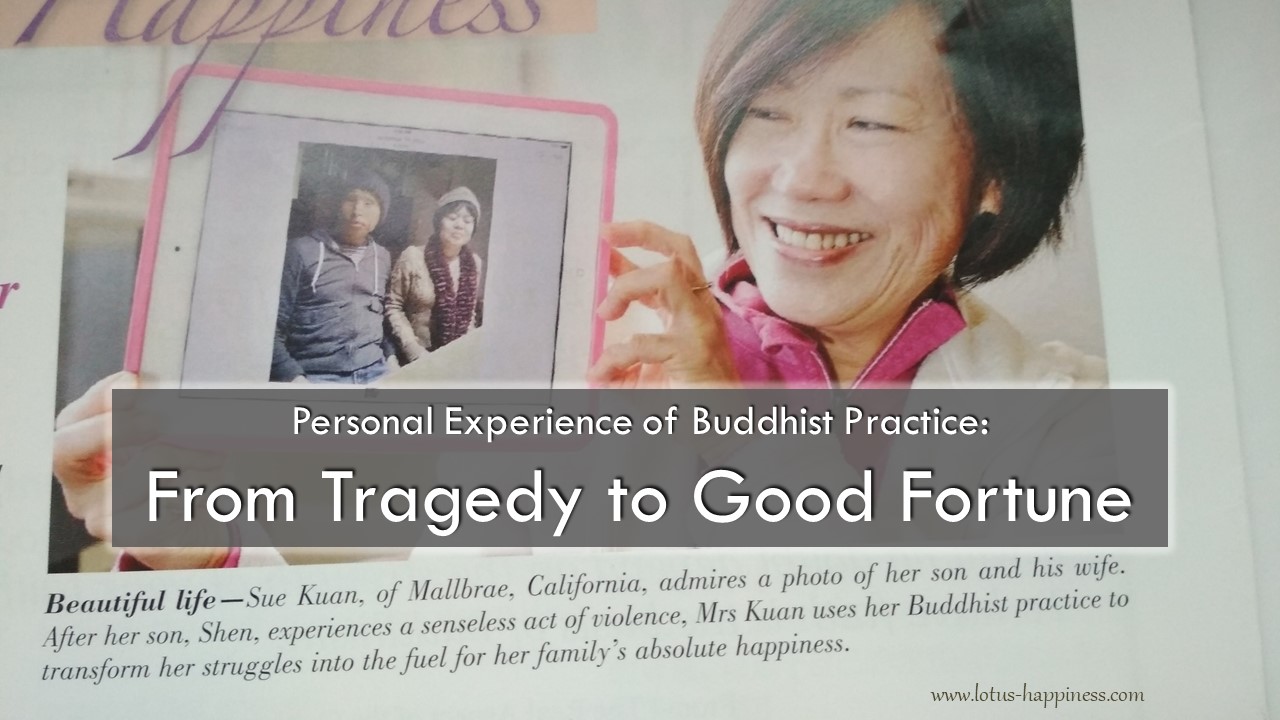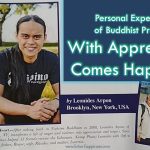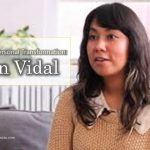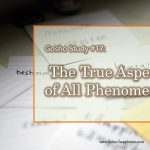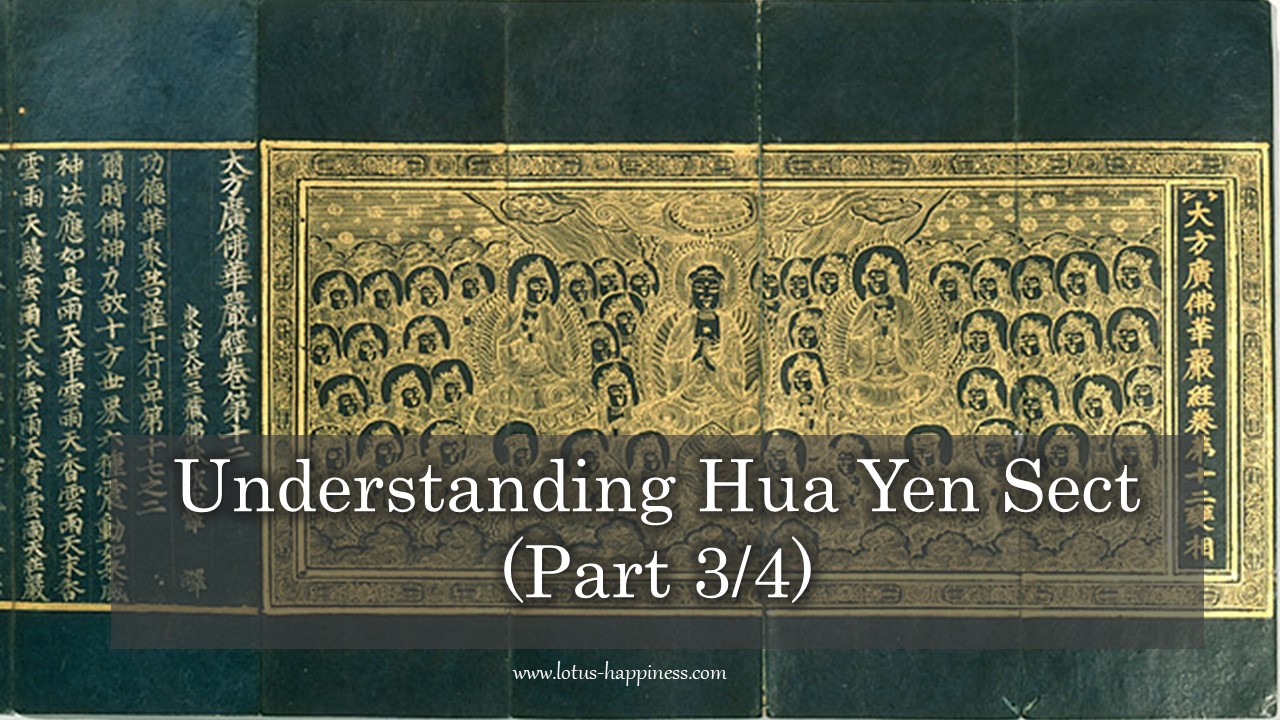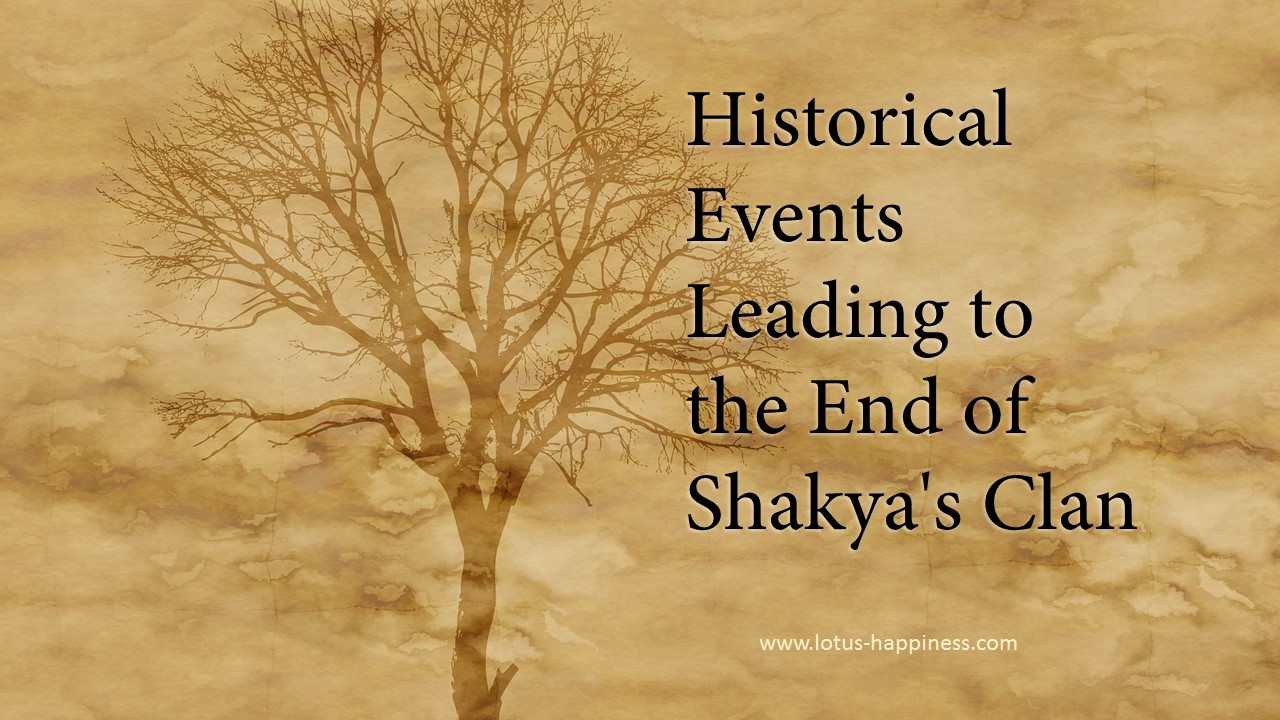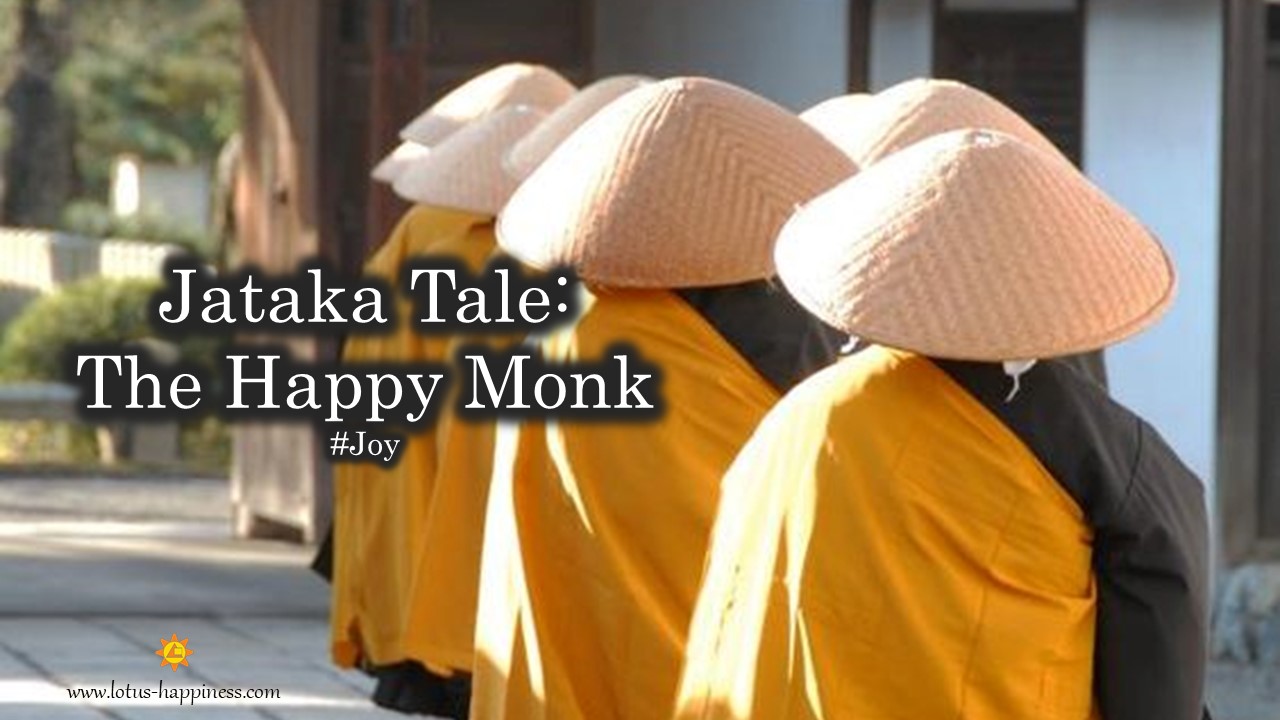Personal Experience of Buddhist Practice: From Tragedy to Good Fortune
World Tribune (WT): Thank you for sharing your experience with us. What was life like in Taiwan?
Sue Kuan: I worked at a bank while my husband worked at an architectural firm. We had two children and lived in a very safe part of Taipei. My family was not rich but we had what we needed. I was content living my seemingly smooth and normal life until the unthinkable happened.
WT: What changed?
Sue: My son, Shen, was a typical 8-year-old boy who enjoyed being in third grade. In March 1984, a man with severe mental illness came on campus and told the faculty he was looking for his daughter. Before he could be questioned, he took out a vat of toxic acid and began splashing the students. Shen’s face was drenched in acid, and he was rushed to the emergency room, where he received several surgeries and skin grafts. In complete despair, I wondered, “How could such a thing happen?” It’s hard to fathom such a senseless act.
WT: What was Shen’s prognosis?
Sue: After surgery, doctors told us that Shen would live his life blind, deaf and disfigured. He was treated in the hospital for a grueling three months. When the doctor released Shen on June 30, 1984, he said, “Now your real difficulties begin.” He was right—our normal life was completely turned upside down. I had absolutely no idea how to take care of a child who was blind and deaf. Shen, too, had great difficulties adjusting to his new pitch-dark world. I’ll never forget one day serving Shen breakfast. He struggled to eat his food because one of his chopsticks was upside down. I couldn’t stop crying. As Shen adjusted to his new life, each time he cried, I cried, too. I began to wonder what kind of future Shen would have as a blind and deaf man. What kind of job could he get? What kind of family could he have? I felt he had no future. I became severely depressed and, at times, considered taking my own life.
WT: How were you introduced to the SGI?
Sue: In September 1984, I visited my mother and tearfully poured out all my worries. She listened and told me about a neighbour who had once talked to her about becoming happy through chanting Nam-myoho-renge-kyo. When I met my mother’s neighbour, she explained to me that by chanting, I could get the best treatment for my son, and I could change my life. Willing to try anything that could benefit my son, I started chanting without thinking too much about it. I began attending district discussion meetings in Taipei and immersed myself in studying Nichiren Buddhism. As I continued to practise and study, courage welled forth from my life.
I made a determination to find Shen the best treatment. I quit my job to accompany him to special classes, but began to feel they were leading him nowhere. One day, a high-ranking government official paid a visit to his class. I mustered my courage and told him how bad Shen’s treatment was. Since this official was a doctor, I expected him to defend the system. Instead, he encouraged us to move to Germany or Japan, where they could offer Shen more advanced treatment. It even seemed like he could help us get our application I approved. I was flooded with hope and a deep appreciation for my Buddhist practice.
WT: What happened next?
Sue: Unfortunately, the battle had ust begun. The application process eat was extremely tedious, and then in November 1986, the government get official who had been helping us He died suddenly of a heart attack. Surprisingly, I did not lose hope. Instead, I threw myself into SGI activities and chanting, as I mustered even more courage to face the I situation head-on. I chose to have 100 percent faith in the Gohonzon. On May 10, 1987—Mother’s Day—a foundation for people with disabilities in Taipei named me “Mother of the Year”. This drew a lot of attention from the Taiwanese media, and the government responded by sending my family to the United States, where Shen could receive treatment in San Francisco and attend the best schools for those in his condition.
WT: That’s incredible! How did your life change moving to the United States?
Sue: Shen had to learn English at age 11, and he also struggled with adjusting to his new environment. It was heartbreaking to see my son come home with bruises from bumping into things. At times, I felt I could barely endure it. However, I strongly felt this was the place where Shen could have a future. I joined local SGI-USA district activities, and my son began to chant for 15 minutes every morning. I also struggled adapting to a new language and culture.
In Volume 1 of The New Human Revolution, SGI President Ikeda encourages the pioneer members in America who had just moved from Japan to get a driver’s license, learn English and gain citizenship. I decided that I, too, would achieve these three goals. I’m happy to report I have done so.
WT: That’s great! How did Shen adjust to school?
Sue: My son learned Braille, and the harder he worked, the more ass confidence he gained. By high in school, he could attend classes without assistance. Shen graduated as valedictorian of his high school and went on to attend University of California, Berkeley, on a full scholarship. After earning his degree in computer science in 1999, Microsoft awarded him a grant to get additional certification for his career.
WT: What an unbelievable victory! Your story as mother and son is an inspiration to us all.
Sue: Even with these unbelievable victories, I still had one unfulfilled dream – for my son to start a family. After Shen finished college, I made a determination in front of the Gohonzon: I wanted him to find lose a nice girl who could see his big heart, marry him and take care of him forever. However, for 10 years, nothing seemed to happen.
Then, Shen brought a surprise guest to Thanksgiving dinner in 2009—a lovely woman who is blind. She is an instructor at a school for the blind. Instead of rejoicing, I asked a senior my in faith: “Why? She is not what I chanted for! I had wanted someone who could see and take care of my son.” My senior in faith pointed out to me that I was chanting for what I wanted, but not what was best for Shen—not for what would make him happy. As I began to chant for what was best for my son, I realised that his new partner was the perfect person for him. They are now married and have a house together. They have also travelled through Europe by themselves.
WT: What tremendous fortune! With the benefit of hindsight, how do you view your hardships?
Sue: SGI President Ikeda has said that women’s lives are stories of opening the gateway to happiness. He also shared words that his mentor, second Soka Gakkai President Josei Toda, gave to women: “Life doesn’t always go smoothly. But everything has meaning. The greater the hardships, the greater the benefits. Firmly uphold the Mystic Law and strive your hardest, daring obstacles to stand in your way! Faith is the power to transform yourself and everything in your life.” When I think back to the times when I contemplated suicide, I realise that my intense suffering led me to Buddhism, and I see now that absolute happiness can only be obtained by challenging obstacles. I have so much appreciation for all of my struggles now.
Source: World Tribune, SGI-USA publication, January 30, 2015

